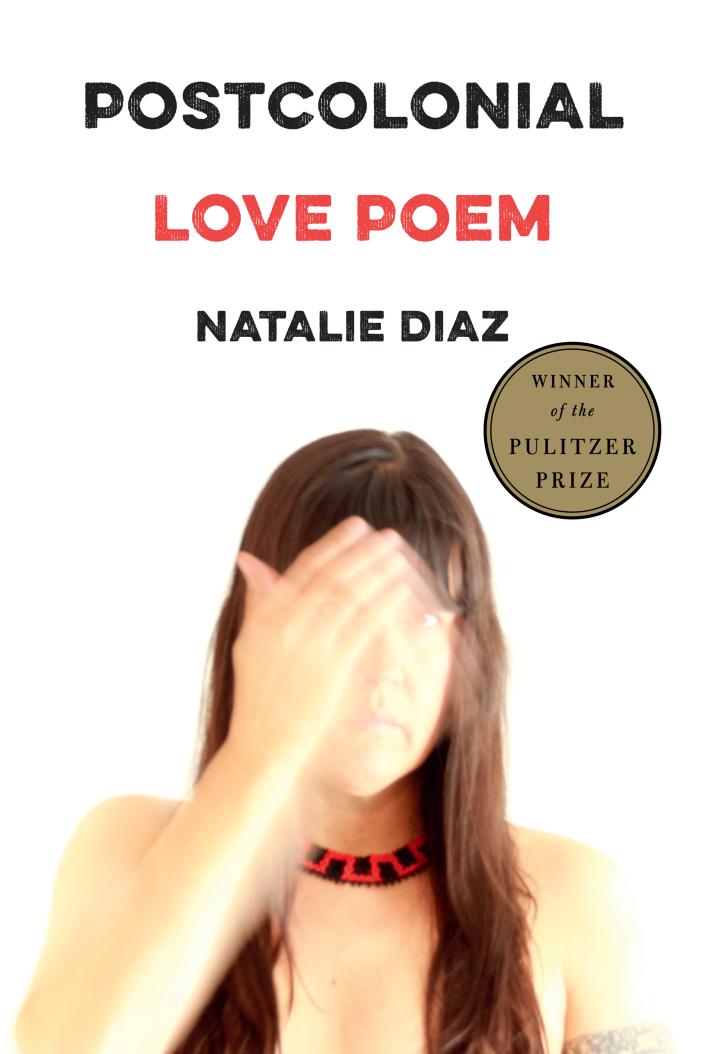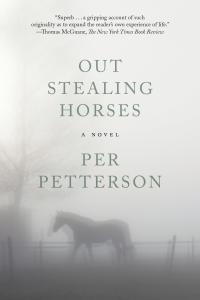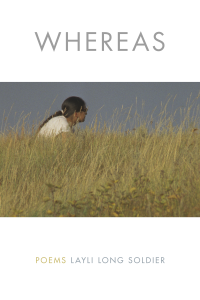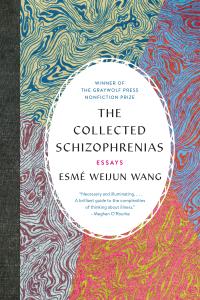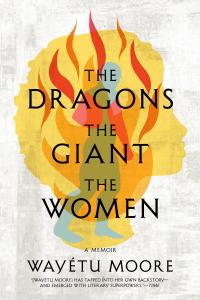Postcolonial Love Poem
- Winner of the 2021 Pulitzer Prize in Poetry
Finalist for the 2020 National Book Award for Poetry
Finalist for the 2020 Los Angeles Times Book Prize for Poetry
Finalist for the 2020 Forward Prize for Best Collection
An Atlantic Best American Poetry Collection of the 21st Century
Postcolonial Love Poem is an anthem of desire against erasure. Natalie Diaz’s brilliant second collection demands that every body carried in its pages—bodies of language, land, rivers, suffering brothers, enemies, and lovers—be touched and held as beloveds. Through these poems, the wounds inflicted by America onto an indigenous people are allowed to bloom pleasure and tenderness: “Let me call my anxiety, desire, then. / Let me call it, a garden.” In this new lyrical landscape, the bodies of indigenous, Latinx, black, and brown women are simultaneously the body politic and the body ecstatic. In claiming this autonomy of desire, language is pushed to its dark edges, the astonishing dunefields and forests where pleasure and love are both grief and joy, violence and sensuality.
Praise
- “Diaz’s collection is no doubt one of the most important poetry releases in years, one to applaud for its considerable demonstration of skill, its resistance to dominant perspectives and its light wrought of desire.” —The New York Times Book Review
- “The representation of violence against Native peoples is a driving engine of [Postcolonial Love Poem]. Whether it be historical or present violence against the general Native population and culture, the specific violence levied at girls and women, the violence of the Christian religion, the cyclical violence the male body engages in, a violence — sometimes loud cacophony, sometimes mute ghost — saturates these pages. . . . In the very present absence of the Mojave language, Postcolonial Love Poem becomes a very present love poem to self and community, post colonialism.”—NPR.org
- “[An] exquisite, electrifying collection. . . . Diaz continues to demonstrate her masterful use of language while reinventing narratives about desire.”—Publishers Weekly, starred review
- “Groundbreaking. . . . Entire dissertations could be written about Diaz’s use of light and color in this book’s lithe lyrics. . . . An unparalleled lyric work.”—Booklist, starred review
